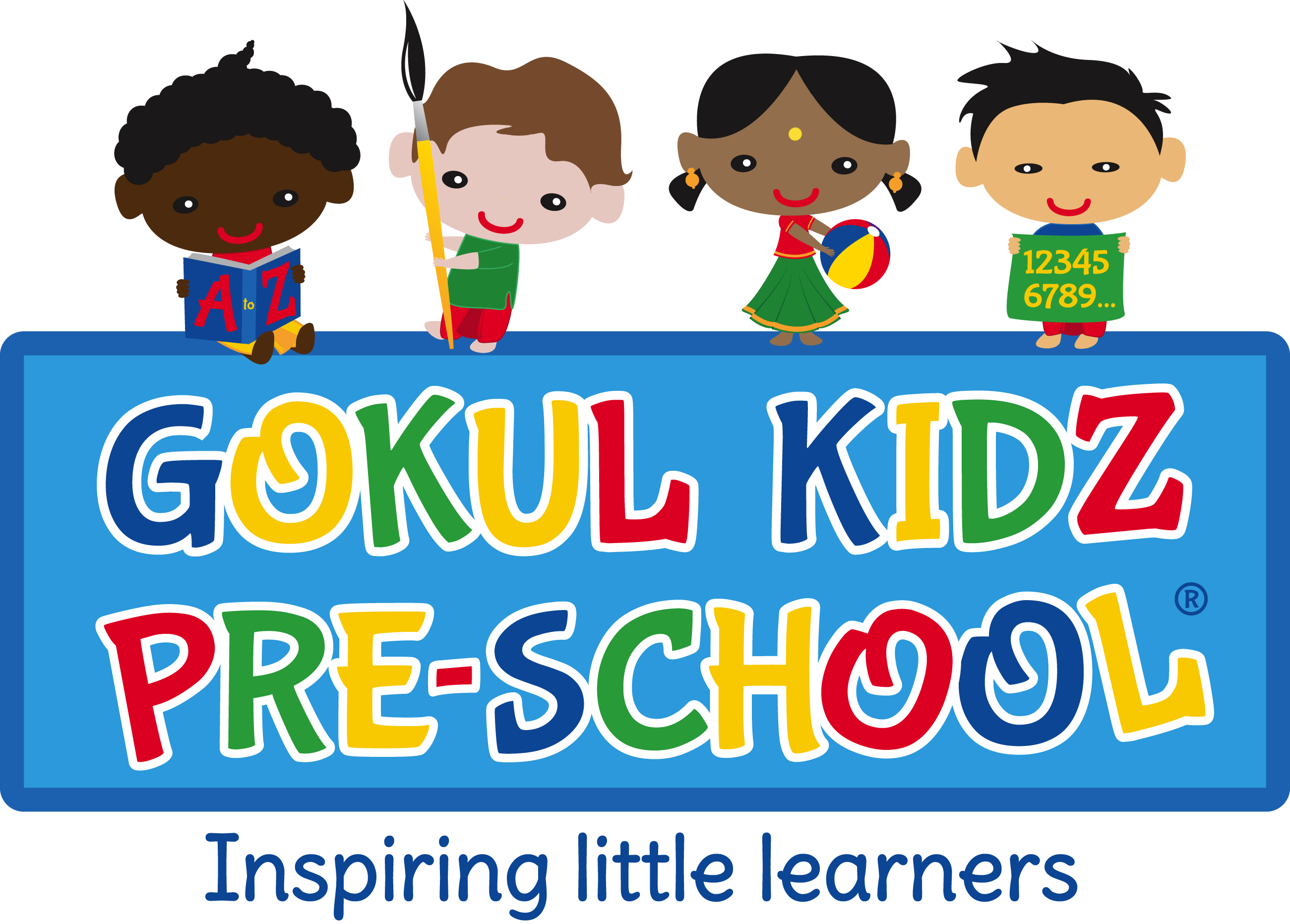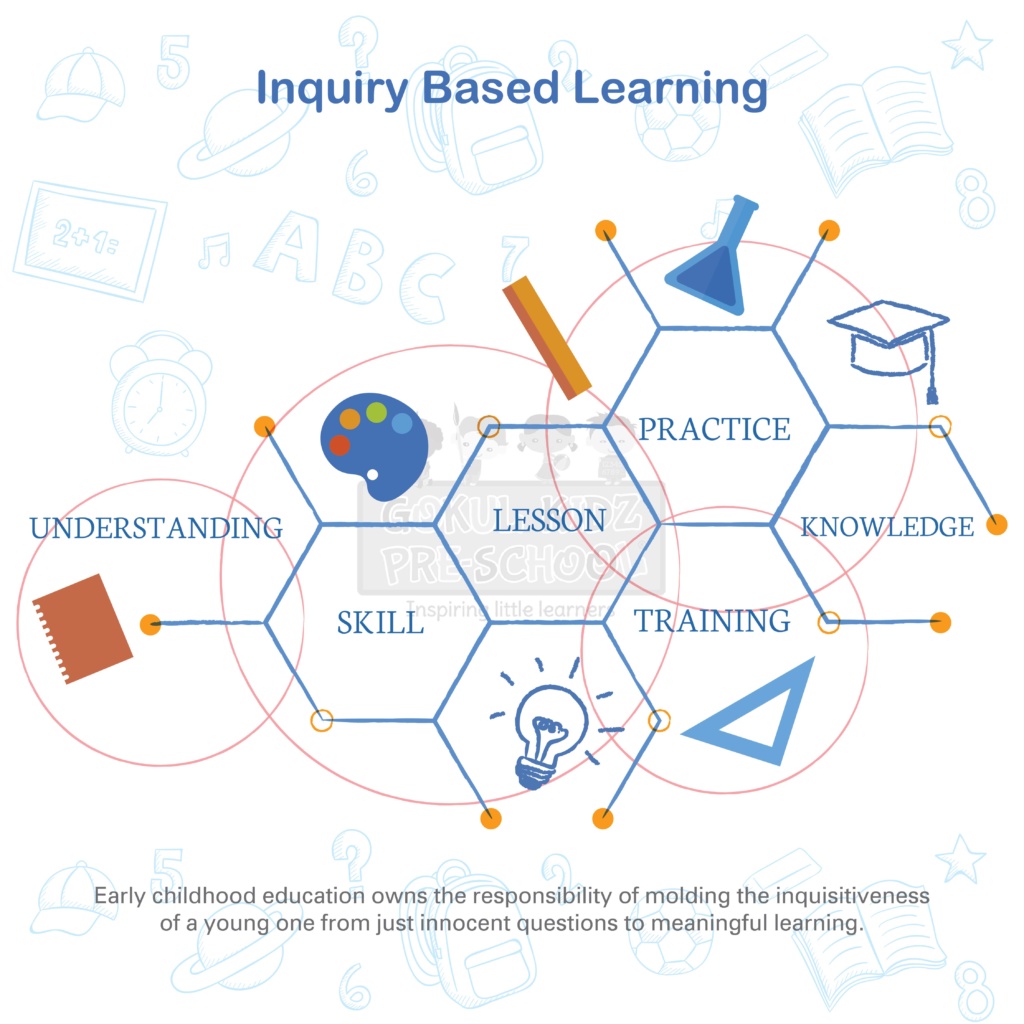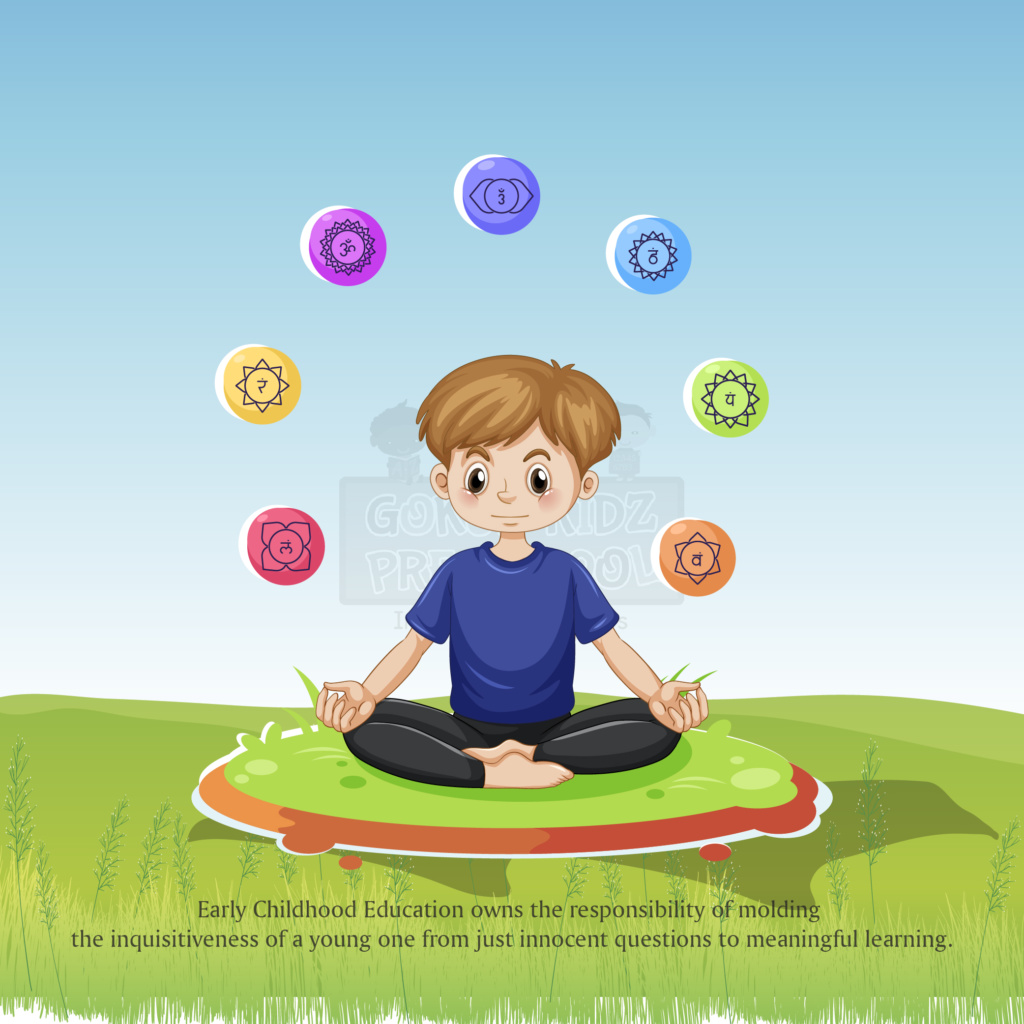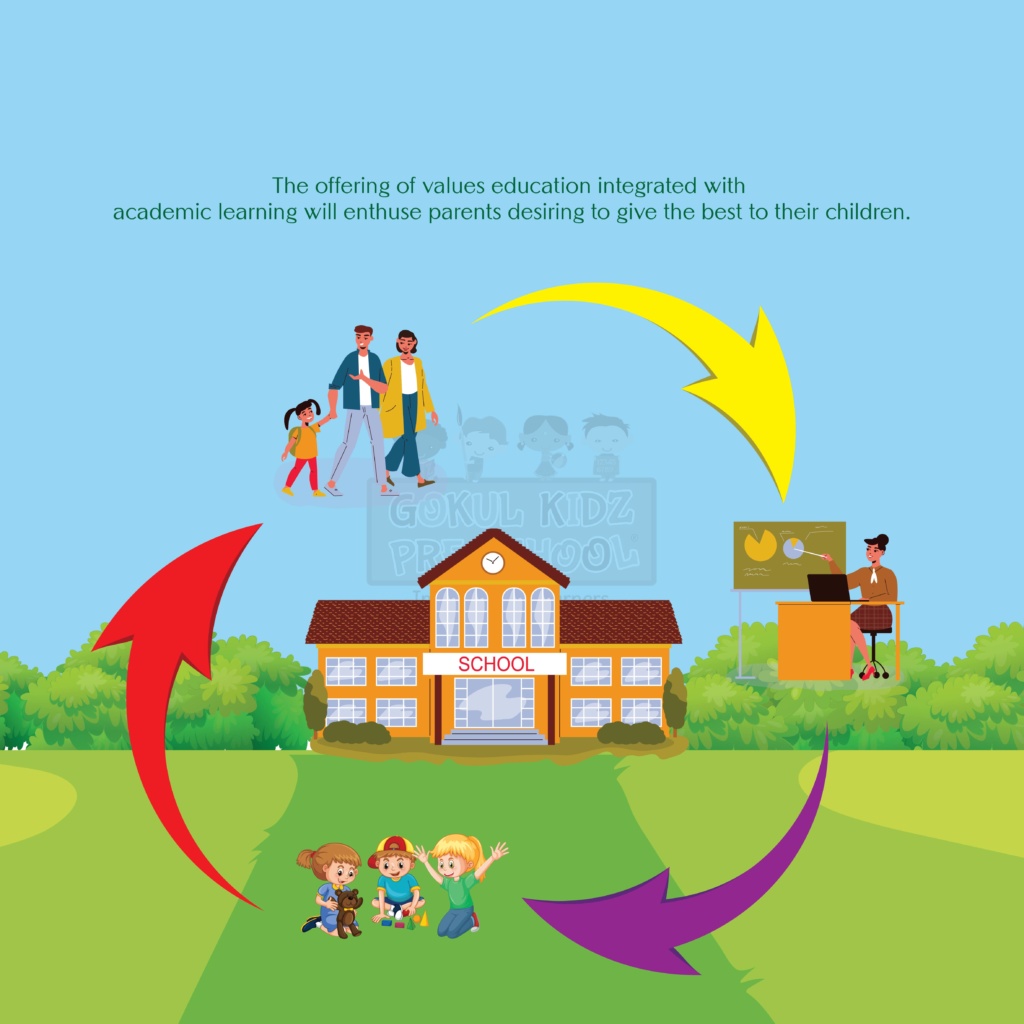


At Gokul Kidz Preschool, we believe in the power of partnerships and are excited to announce that we are open for franchise opportunities. With a successful brand, a strong reputation, and a well-established preschool model, we are eager to share our success with passionate individuals like you. If you are enthusiastic, driven, and ready to embark on an entrepreneurial journey, this is your chance to join the booming education sector and make a meaningful impact. As a Gokul Kidz Preschool franchisee, you will benefit from our proven system and support, giving you the tools and knowledge to run a thriving preschool business in your community.
Why Choose Gokul Kidz Preschool?
We offer a proven business concept that has been successful in multiple locations, ensuring that you will be working with a model that has been refined and perfected over time. As a franchisee, you will receive comprehensive training to equip you with all the skills and insights necessary to operate a successful preschool. You’ll also benefit from ongoing support from our experienced team, who will be by your side as you overcome challenges and achieve your goals.
The preschool industry is thriving, with an increasing demand for high-quality early childhood education. By becoming a Gokul Kidz Preschool franchisee, you’re stepping into a growing industry where the need for trusted educational services is at an all-time high.
Our Locations
We currently operate successful preschools in key locations, including Chinnamanur, Kumbakonam, Madurai, Thiruppalai, and Villapuram. These thriving centers are a testament to the success of our preschool model, and we are excited to expand further through new franchise partnerships in Sivakasi, Paramakudi, and Theni.
Open for Franchise
Gokul Kidz Preschool is open for franchise opportunities for individuals who are dedicated to building a brighter future. With our support and your commitment, together we can achieve tremendous success. This is more than just a business venture—it’s an opportunity to make a difference in the lives of young children and their families.
How to Learn More
To learn more about becoming a franchisee with Gokul Kidz Preschool, visit our Franchisee Page or contact us at 99409 04744. We would be happy to provide further details, answer any questions you may have, and guide you through the application process.
Join us today, and let’s build a brighter future together! Gokul Kidz Preschool is open for franchise partnerships, and we can’t wait to work side by side to create a lasting impact in early childhood education.



